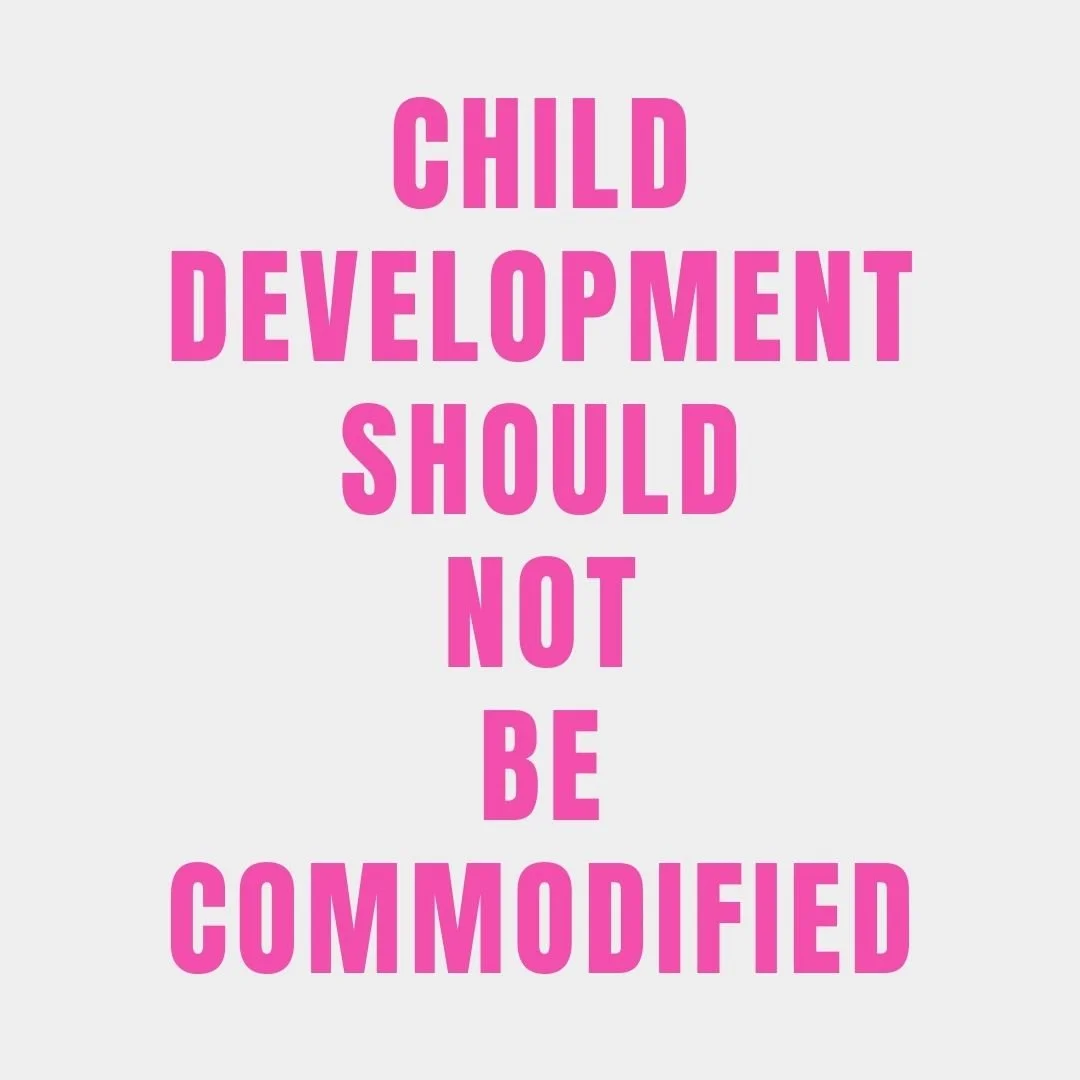The Problem with Private Equity
Private equity has besieged nearly every industry in America, and the children’s activity and youth sports industries are no longer immune from this takeover.
If you are involved in a youth sports or extracurricular activities as an owner/operator, instructor, or as a participating parent, this is information you need to know because it is happening fast.
Over the past year, I’ve taken a unique interest in this topic as I’ve observed, been pitched to, and watched dance studios (and industry leaders/ industry leading organizations) cave to the curb appeal of private equity acquisition.
Of course, the concept is packaged in an appealing way:
“Let us do the work for you.”
“Get away from the tasks you don’t enjoy.”
“You’ve built such a sustainable model.”
“We could have 20 more units in no time!”
“We can all make more money together!!!!”
I’ve always been told if it sounds too good to be true, it probably is… which is why I spent a year cautiously observing the trends before writing out my thoughts.
From my experience, within the scene of youth activities specific private equity, there are 2 key players:
Private Equity Firms that have funds but minimal to no knowledge of the industry they’re attempting to infiltrate. They’re learning about it from the ground up.
Private Equity Firms that have well-known key players from within the respective industries working as headhunters.
And, in the performing arts specific youth activities space, right now, when private equity acquires an organization, the organization often maintains its small business branding; meaning you may be dealing with a private equity backed organization and not even realize it.
It is sneaky, and knowledge is power.
I’m a big believer in listening, learning, and paying attention to history because history repeats itself.
There are countless resources and articles dissecting the impact of private equity on:
Nursing Homes
Dentists
Daycares
Red Lobster
Society as a Whole
And, the overarching result?
It’s not good.
From the financial perspective:
Private Equity backed companies are 10 times as likely to go bankrupt as non-Private Equity backed companies.
From the humanistic perspective:
The focus is going to be on the money, meaning a prioritization of profit over quality of experience/ skill/ care and general organizational well-being.
From my blended experience of career and motherhood, I can confidently say my philosophy is that:
Child development should not be commodified.
For those of us with strong, differentiating models and brands in the youth activities/ sports industries, we can last for a bit longer against the surge of Private Equity. Now, the private equity backed companies will have more access to capital and varying resources, meaning we will have to work even harder to spread our mission and maintain our relevance to cover our costs.
But, in 5, 10, 15, and 20 years- how will it all shake out?
Will we still have independently owned and operated dance studios, karate schools, gymnastics facilities, and swim schools?
Or, as a society, will we cave to the commodification of childhood?
I don’t know.
These decisions are already in motion.
And, they start with you and how you- as the leader or the employee or the consumer- choose to build your partnerships and alliances and spend your dollars.
Do we want local, community oriented institutions?
Or do we want reductive monoliths?
The choice is ours to make.
For now, I’ll keep fighting the good fight.
I hope you will, too.

